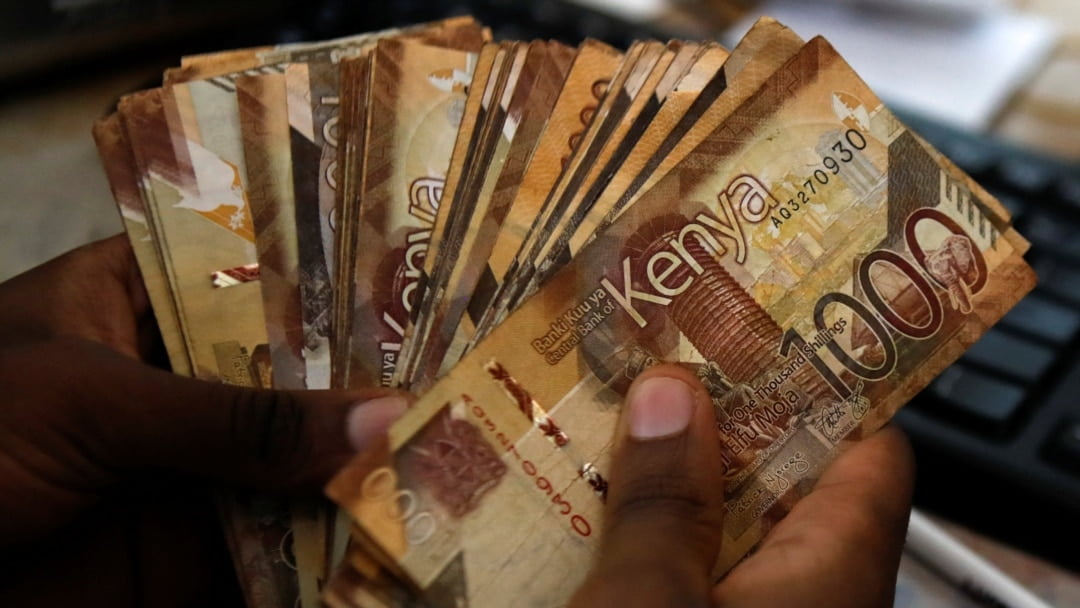Consumers in the country could soon feel the relief from costly products on the back of the strengthening Kenyan shilling which ceased its tumble against the US dollar sometime back in February.
Kenya is a net importer, and importers have been feeling the pinch of the weak shilling, spending more on goods brought in, passing on the burden to consumers.
However, the recent appreciation of the local currency means good news to both parties.
In two months to the end of March, the local currency has strengthened by 30 unit values, a 19 per cent gain.
This means importers are now spending Sh19 less on every shilling used to buy a dollar for imports.
The gain is almost half the value it had lost in four years since early 2020 when it started weakening.
It had weakened to the low of 161 as of January 2024 from the high of 100 in 2020.
The Central Bank of Kenya (CBK) quoted the shilling at 131.8 during the week ending March 28.
The strengthening of the shilling is attributed to the successful settlement of the inaugural $2 billion buyback plan, where the government paid back $1.5 billion in February, boosting investor confidence.
A strengthening shilling means relief to consumers, as a reduced burden of importation cost consequently trickles down to them, prompting a decrease in the general cost of living.
Inflation has been on the decline in the past two months in a row, reaching 5.7 in March from the highs of 6.9 and 6.3 per cent in January and February, respectively.
A strong shilling is also expected to boost the country’s forex reserves as importers strive for the much-needed dollar for imports.
The latest data by the weekly CBK bulletin shows the reserves increased by $126 million (Sh16.6 billion) in the past one month to $7.08 billion (Sh934.2 billion), just about 3.8 months of import cover as of March 27.
Although the level still falls short of the statutory requirement, the apex bank maintains a brave face saying it meets the statutory requirement to endeavor to maintain at least four months of import cover.
Nevertheless, a strong shilling against the greenback is expected to cut down debt burden pressure since most of it is dollar-denominated.
Speaking in February after the successful settlement of the Eurobond buyback plan, President William Ruto said the now strengthening Shilling has reduced Kenya’s overall debt by Sh722 billion.
“It has also reduced the debt service costs by Sh195 billion over the next six years, saving the country a total of Sh917 billion,” Ruto said.
Although the real timelines for the actual impact of the appreciating shilling are not known, the International Monetary Fund (IMF) says the country might need more than three years to recover from the output losses occasioned by the weakening shilling.
In its external sector assessment report late last year, the lender said the economic contraction occasioned by the appreciating dollar in emerging economies such as Kenya is deeper and takes much longer time to ease as compared to developed economies.
“Output in advanced economies recovers three quarters after the appreciation while emerging market output remains depressed 10 quarters out,” IMF said.
—Source: The Star

